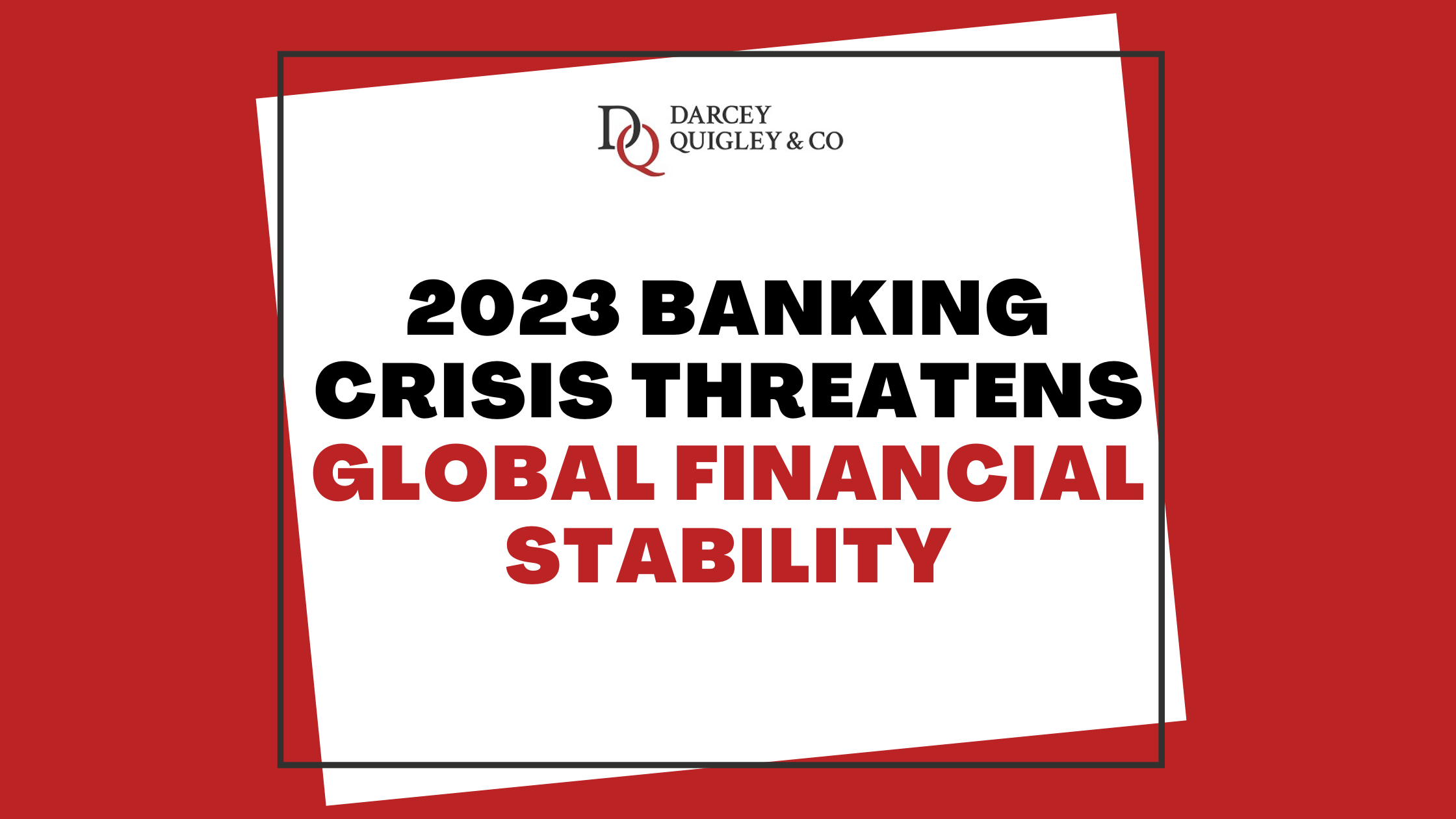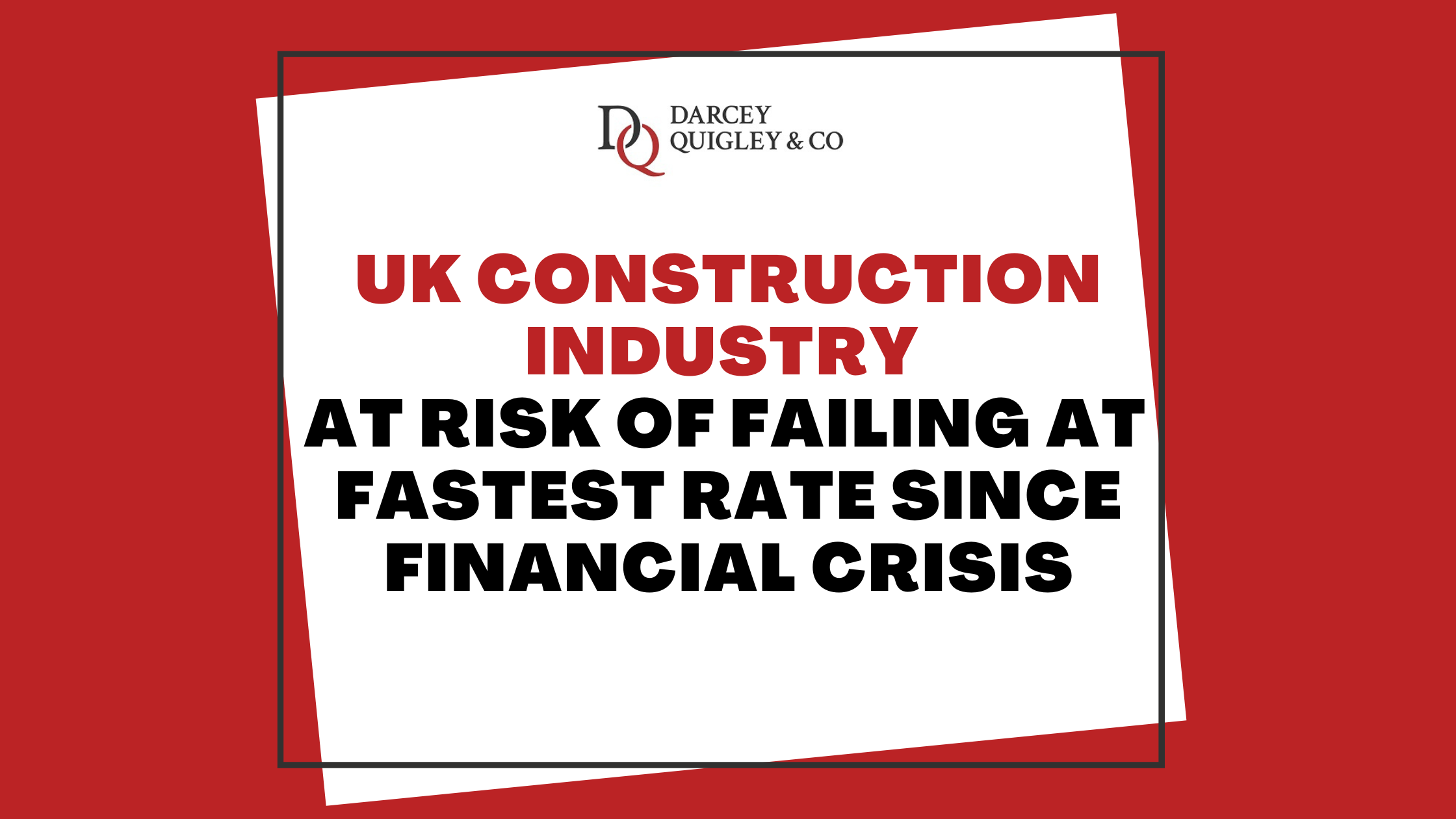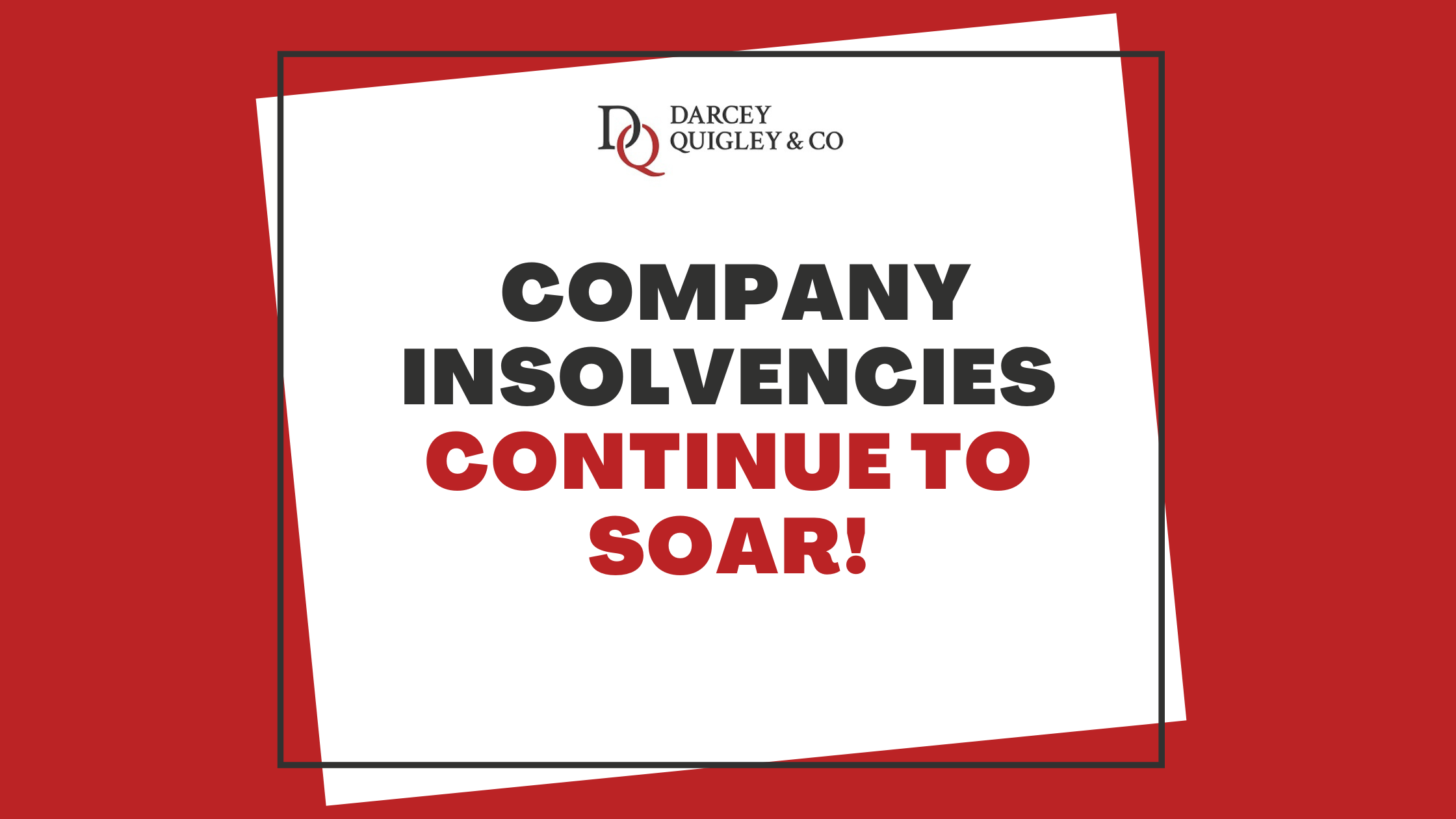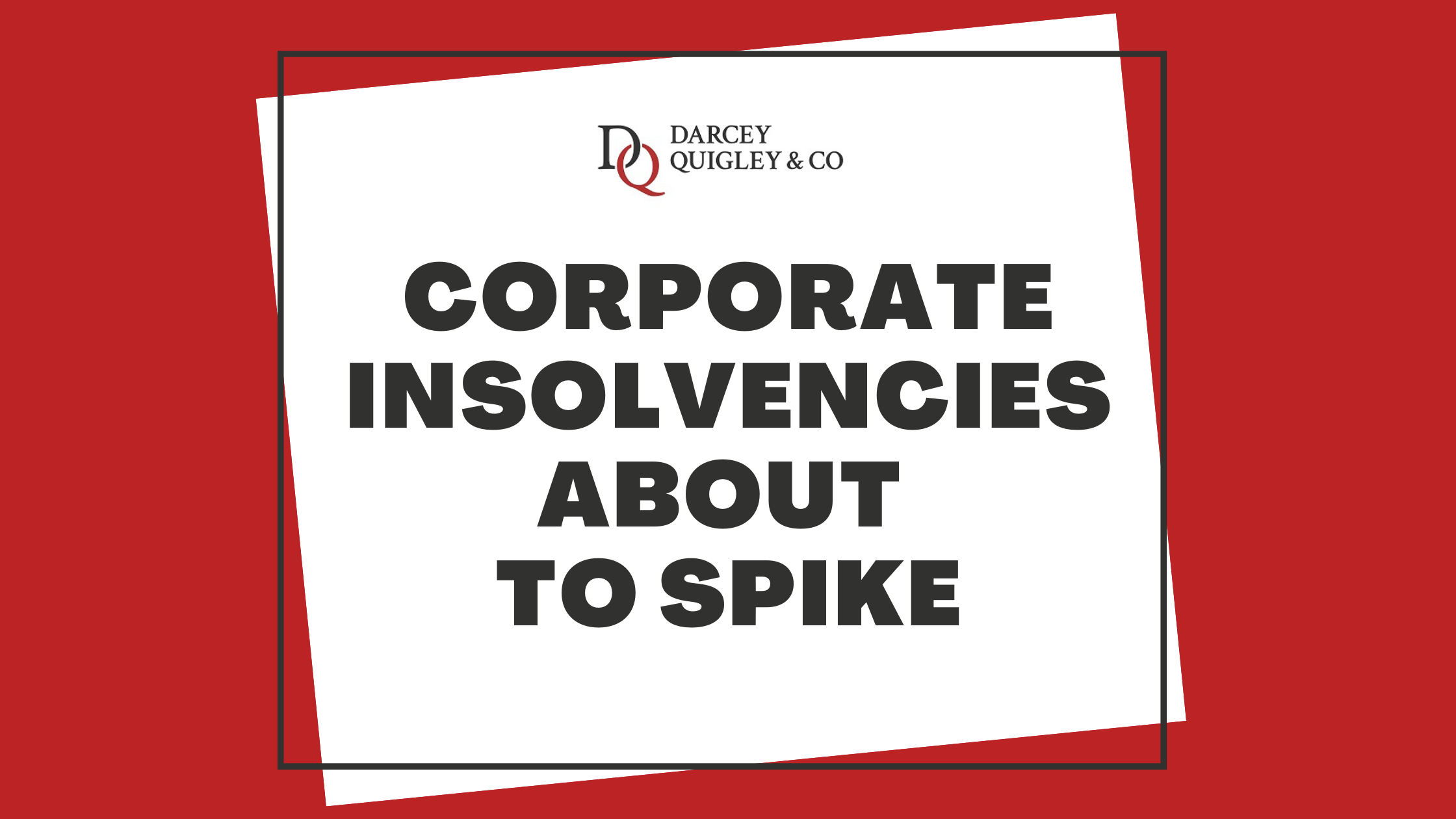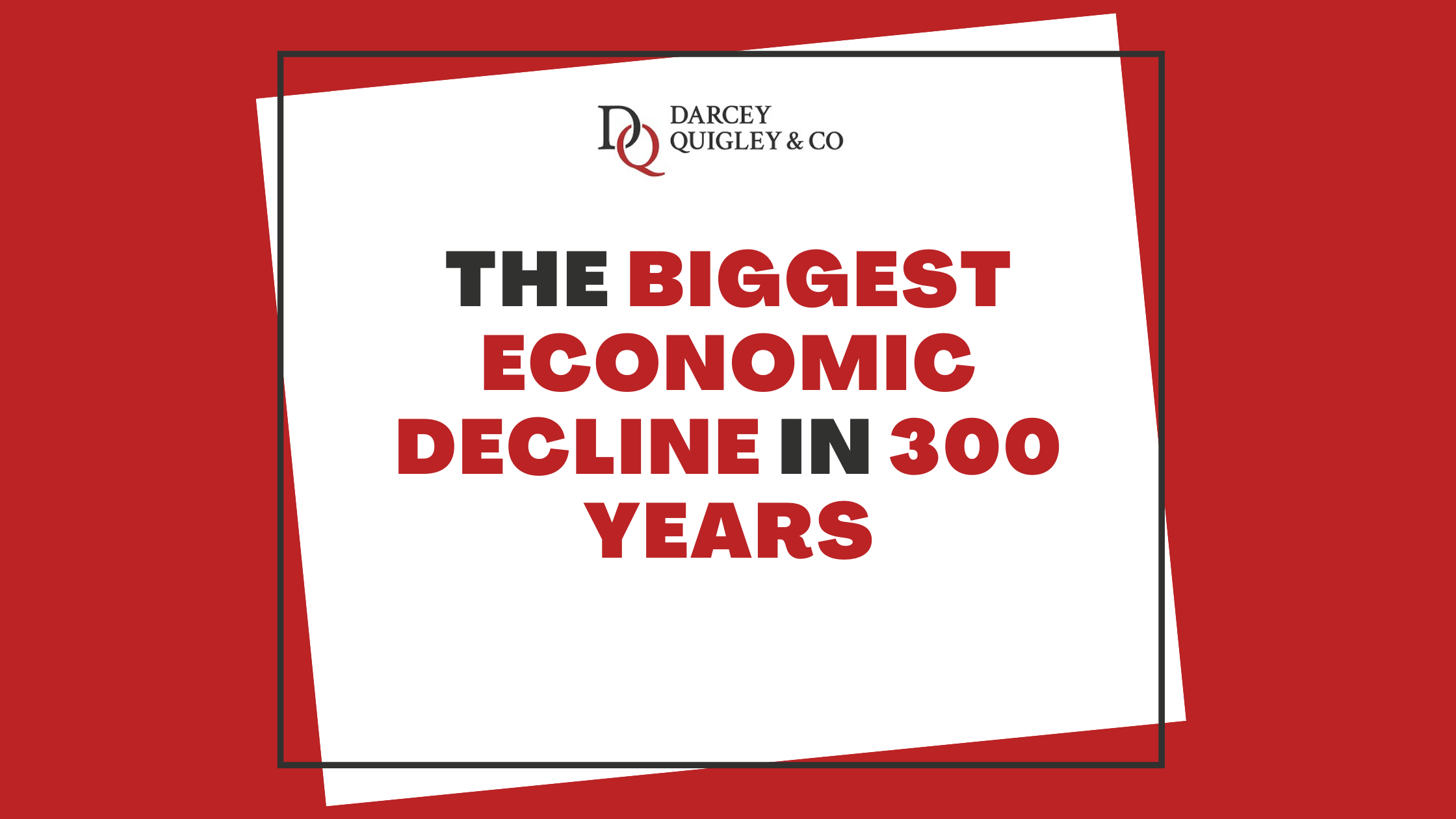UK Construction Industry At Risk of Failing At Fastest Rate Since Financial Crisis
The total number of company insolvencies registered in England, Scotland & Wales in 2022 was 23,180 — the highest since 2009 and 56 per cent higher than 2021.
According to research, over 100 firms in the construction sector could collapse each week.
The construction industry is being decimated by bad debt, currently sitting at approximately £300 million and there are fears this could rise dramatically to £1 billion in just one year.
With the construction sector feeling a weight of immense pressure, bad debt at failing companies has pulled other businesses into distress, leaving huge sums of money unpaid, and creating a series of growing challenges including a surge of company insolvencies.
Lynne Darcey Quigley, Founder & CEO of Darcey Quigley & Co, says it is time for construction to act and take decisive steps towards tackling these issues before it is too late:
“With estimated bad debt levels in the UK construction sector standing at an alarming £300 million, projections indicate this figure could rise to an eye-watering £1 billion by 2024. Now is the time to tackle this issue and take preventative action to avoid further financial damage. By investing in efficient credit management processes and timely debt collection, the construction sector can make strides towards a more prosperous future”.
The economic downturn has been hard on everyone, but small businesses have really borne the brunt of it.
Lynne continues: “With big businesses able to weather the storm thanks to their deep pockets, many small businesses have had to close their doors for good. The impact of this is far-reaching – not only do these business owners lose their livelihoods, but employees lose their jobs and customers lose access to goods and services they rely on.
“UK businesses need to be proactive in their approach to cash flow and financial processes – if they fail to adapt, the number of insolvent construction businesses will continue to rise. It is essential that companies put a robust credit control process in place and recognise any signs of a potential client becoming insolvent, to ensure that the business is paid on time. Taking these steps now will provide businesses with a secure economic future and protect them from the devastating effects of insolvency”.
Lynne concluded: “As a business owner in this worsening financial climate, it is of utmost importance to ensure due diligence is undertaken in order to protect oneself from potential risks. Unfortunately, the current economic pressures mean businesses often have little to no room for error and the rising number of insolvencies has caused a huge spike in the number of late payments. If ‘Plan A’ fails and you find yourself unable to protect your business from late payments, then there are alternative tools available to help. Don’t risk being left behind – make sure to plan ahead and have the necessary precautions in place”.
Company insolvencies are impacting all industries
There are fears that the total number of UK company insolvencies across all sectors could rise to 32,000 this year. Late payments are impacting businesses across all sectors with £61 billion worth of unpaid invoices currently being chased.
The spike in Creditors’ Voluntary Liquidations (CVLs) of 51% we witnessed in 2022 is very telling of the current situation as 19,604 were put into liquidation as a result of not being able to pay outstanding invoices.
Steps every business must take to protect themselves
With inflation still currently above 10% and interest rates the highest they’ve been in 14 years, it is critical that business ensure they keep a healthy cashflow.
The best way to maintain cashflow is making sure your business is paid on time by implementing a robust credit control process, something that too many businesses overlook and end up in financial difficulties.
- Credit check all customers, new and existing, each time they place a new order. Some business credit report providers automatically monitors changes in a company credit report and alerts to these changes.
- Be pro-active chasing payments. Send a gentle reminder for payment just before the due date and have a series of chasers ready to send in the event a payment becomes overdue.
- Have a plan in place for recovering your overdue commercial debt. The power of outsourcing is a priceless tool to have in your arsenal when it comes to problematic payments. Getting a commercial debt recovery specialist involved will give you the best possible chance of recovering what you are owed.
Recovering cash your business is owed
If you have unpaid commercial debts our best advice is to take action sooner rather than later as we’re in the midst of a company insolvency meltdown.
Waiting too long to recover what you are owed will drastically reduce your chances of recovering what your business is owed.
Why choose Darcey Quigley & Co
- Risk-free no win, no fee debt recovery
- UK & International coverage
- Cases actioned within 1 hour with 48 hour turnaround
- 93% success rate recovering overdue invoices
- Fees starting from just 3%
- Recover late payment interest and compensation
- 5 Star Rating on Trustpilot
Get a free quote and find out how much late payment interest and compensation you are entitled to
Did you know under UK law you are entitled to late payment interest and compensation on your overdue invoices?
Use our free calculator and find out how much you are entitled to!

Meet our credit management and commercial debt recovery content writer, Declan!
With a keen eye for detail and a passion for educating others, Declan is committed to creating informative and engaging content that empowers readers to get a firner grasp of their credit control to improve their cashflow.
Connect with me on LinkedIn!


